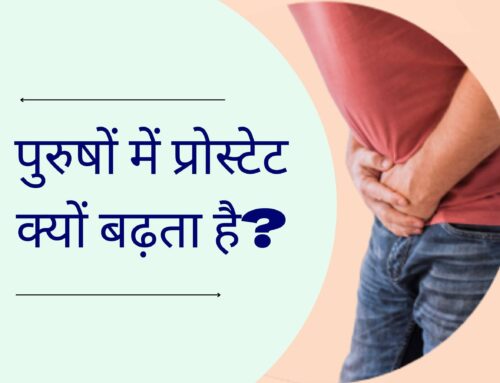Sperm Motility is termed as the capacity of sperm to travel flexibly and efficiently. To become pregnant, the sperm needs to move through the reproductive tract of the woman. Urolife Clinic provides male infertility treatment in Pune. Dr. Irfan Shaikh treats his patients physically as well as mentally.
Types of sperm motility:
There are two types of sperm motility based on their movement.
- Progressive motility– When the movement of the sperm is identified as large circles or straight lines, it is termed progressive sperm motility.
- Non-progressive motility– When the movement of the sperm is identified as tight circles or non-straight lines, it is called non-progressive sperm motility.
Speed of sperm motility :
- Normal – To pass through the cervical mucus to reach the egg, the sperms need to have a minimum speed of 25 micrometers per second.
- Low (Asthenozoospermia) – When less than 32 per cent of the sperms can move flexibly, it is termed as Asthenozoospermia.
Factors affecting sperm motility:
- Overuse of chemicals.
- Deformities in the reproductive tract.
- Smoking.
- Illness.
- Irregular sexual intercourses.
Effect of sperm motility on fertility:
Infertility is mainly caused by deformity or weakness in the sperm.
- Oligospermia– It is also called low-sperm count. If a person has fewer than 15 million sperm per milliliter of semen, it is considered oligospermia.
- Poor sperm motility– The inefficiency of the sperm to move towards the desired destination is referred to as poor sperm motility.
- Teratospermia– This refers to the deformity in the shape of sperm; it can be either in its head, body, or tail. The distortion in the sperm lowers the chance of fertilization of eggs.
Solutions/ Treatment:
- Reduction in alcohol intake and smoking.
- Maintaining proper body mass index (BMI).
- Avoid being exposed to extreme heat or cold.
- Exercise and remain active.
If you have any query related Sperm Motility then, must consult with Dr. Irfan Shaikh at Urolife Clinic, Pune. Book an Appointment Now !!





Leave A Comment